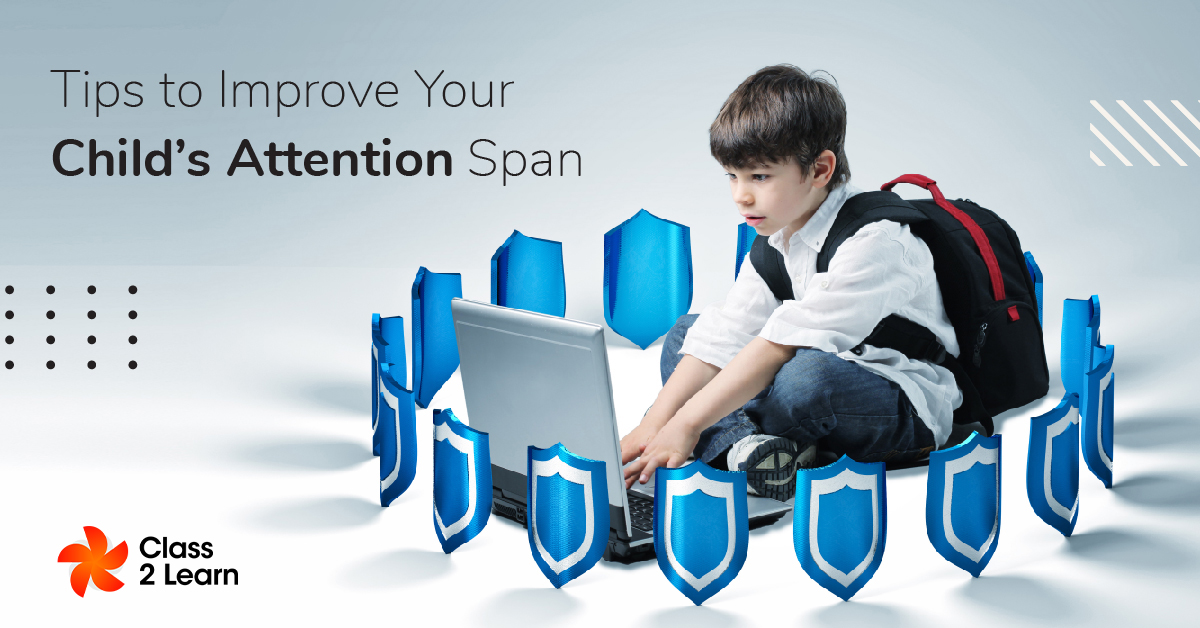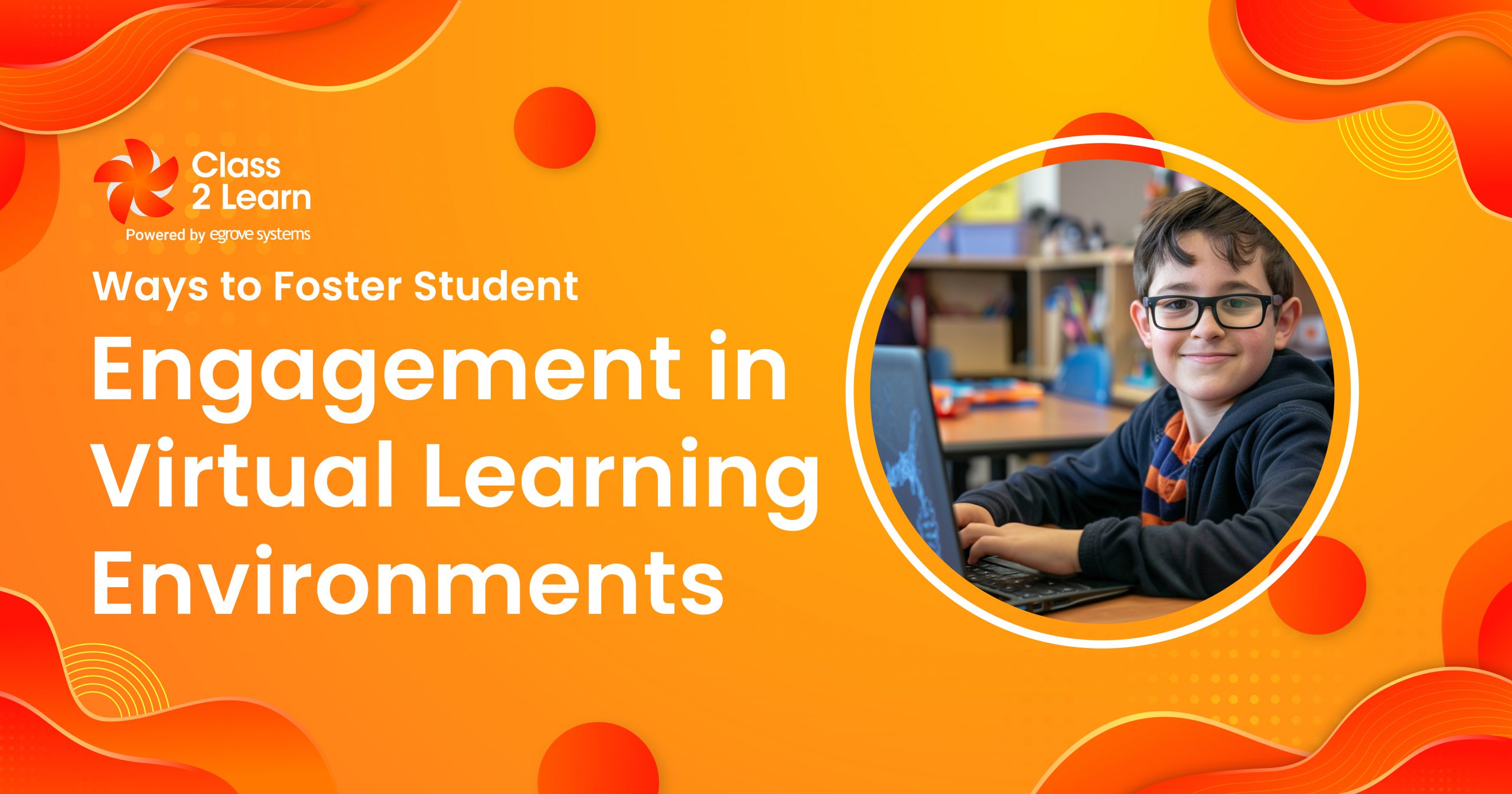Getting kids to stay focused on a task can often be a big challenge. Attention span is a major factor in learning capability, and short attention spans can derail teaching efforts to children of all ages, even when they’re otherwise mentally ready to learn and acquire new skills.
Attention span persistence at a young age is proven to be linked to successful completion of college, demonstrating its long-term significance. Attention is tied to memory, self-regulation, and flexibility, and a lack of attention to a task can make kids fall behind and struggle more to catch up.
Attention span problems may be tied to ADHD or other medical issues with their treatments, but there are ways that parents can employ to improve focus and concentration on tasks for all kids, even at an early age. Training and other approaches can reach children and strengthen their attention abilities.
Make Tasks Approachable
One factor that can lead to children losing attention quickly is if tasks are too complex and daunting for them to approach and comprehend. When no obvious solution or approach is available, kids can look for other things to occupy them.
In addition, explaining complex tasks takes a long time and kids can zone out while receiving instructions. Breaking tasks down into smaller steps can make them easier to explain, so kids can follow them better and understand what order to approach the task. This can also help create a routine they can follow for repeated tasks.
Avoid Distractions
This can be simple, but removing visual distractions from view can keep them out of the kid’s minds and help them focus on the single task before them. Whether it’s homework, chores, or something else, keeping focused on a single goal can improve concentration. Also try to reduce distracting noises, such as sounds from outside or TVs, phones, or other devices.
Turn off phone notification sounds and mute TVs making constant or intermittent interruptions, even if they may seem like background noise to you. Providing a reward or clear outcome for the task can also help, such as the promise of a snack or playtime once they’re done but nothing until they complete the task.
Train to Improve Attention Span
Regular training to improve attention span can be an effective way to reinforce good attendance habits. Training can be done with apps and games that are fun and challenging as well as rewarding in the long term by building attention span.
A 2013 PLoS One study tested commercially available brain training games and found that playing them for 15 minutes a day “improves executive functions, working memory, and processing speed in young adults.” Aside from the thousands of such games and apps widely available on mobile app stores, educational services offer apps that are tested specifically for their effectiveness in improving attention spans and executive function.
Support Healthy Eating, Exercise, and Rest Habits
Putting kids in the right position to learn can make a difference in their ability to stay focused. If kids are having trouble concentrating, a basic step is to make sure they aren’t being diverted by hunger, fatigue, or other physical distractions.
Give kids a healthy snack before school or homework so they aren’t losing focus due to hunger. Make sure they have a good night’s sleep of 9-12 hours overnight and aren’t staying up late. Exercise and physical activity can help kids pay attention by balancing their energy levels so they can get back to stationary activities like homework without wanting to get up and move around.
Use Positive Reinforcement
It can be overlooked, but parental encouragement can make a difference in boosting attention span and focus. Give praise for the effort that kids put into a task to make them feel accomplished. This will help them associate the attention and engagement they put into the task with the result, so they will recognize the great outcomes they get from hard work and not give up. Encourage kids to succeed by trying their hardest at any given homework, game, or chore.
Final Thoughts
Remember to adjust your expectations for children based on their age. Less attention is appropriate at early ages, and it should increase from 4-5 minutes as toddlers to 30 minutes or more by the age of 10. Furthermore, don’t attempt to push youngsters past their limits; instead, provide breaks and a change of pace if they aren’t making progress to prevent depressing them.





Add comment